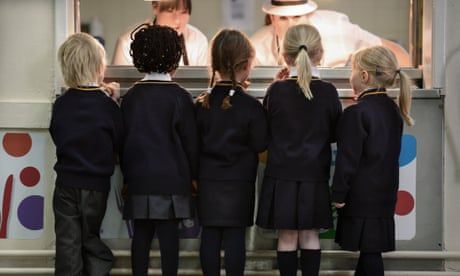
To get a sense of how unfair Britain is, consider the prospects for its children
Ahead of the budget at the end of this month, the liveliest debate is over how much Rachel Reeves will set aside to invest in infrastructure. As the chancellor has made clear, her priority is to lift economic growth in the UK – in order to allow her to put more money into public services and welfare. A version of this argument has been used by politicians and policymakers for decades, and it is premised on there being a trade-off between growth and redistribution, between efficiency and equality. That assumption was always questionable and it is now beginning to receive serious interrogation. However, you don’t need to be an academic to see what’s wrong with the premise – you can simply consider children.
The future of any country lies in its young people. They are the next generation of workers and governors. Yet they also carry forward the failures of the current generation, in terms of cash-strapped schools, or crisis-hit healthcare, or plain disparity between parental incomes. This last point is made forcefully by Danny Dorling in his new book Seven Children: Inequality and Britain’s Next Generation.
Continue reading...